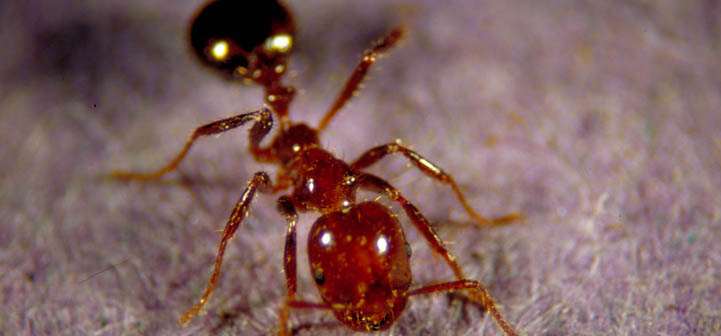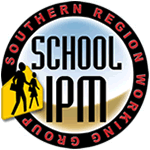The Entomological Foundation
The Entomological Foundation is a national 501(c)3 non-profit organization governed by a board of directors made up of representatives from the public and private sectors, including academic institutions, government, business and industry. The Entomological Foundation is NOT part of the Entomological Society of America (ESA). The Foundation stated mission: “To build a future for entomology by educating young people about science through insects. How do we accomplish this? The Entomological Foundation develops and implements a blend of programs designed to spark interest in science and insects among elementary school children and to sustain that interest through educational programs and outreach activities; offers scholarships and student awards to recognize excellence and support continued education of students in the area of entomology; and grants professional awards that recognize accomplishments in entomology and related areas.” For more information about the Foundation and the fundraising campaign, see: http://www.entfdn.org/index.php.
The Entomological Society of America Certification Corporation: Board Certified Entomologists & Associate Certified Entomologists Program
The Entomological Society of America Certification Corporation offers two certification programs for entomologists around the world, the Associate Certified Entomologist (ACE) and the Board Certified Entomologist (BCE). BCE is geared toward those who are formally educated in entomology and ACE more toward those with hands-on training and professional development in the field of structural pest management. Officially, entomological certification was born in 1970 as the American Registry of Certified Entomologists, which later became the American Registry of Professional Entomologists (ARPE). In 1992, ARPE was fully integrated into ESA with an elected Certification Board. In 2004, ESA and the Certification Board launched the ACE program as another option for the professional who sought additional credentials in entomology. In 2010 the ESA Certification Corporation was created as a separate 501(c)6. The Certification Corporation’s Certification Board has oversight for operation and management of this program and works with other organizations to help increase awareness of this valuable program and training opportunities available. To learn more about the benefits of being certified and the process for becoming certified, visit http://www.entocert.org/.
The Alabama Fire Ant Management Program
Because of their biology, imported fire ants cannot be permanently eradicated from our yards, pastures, and lives. However, the Alabama Fire Ant Management Program can help deal with this imported nuisance. The Alabama Fire Ant Management Program was brought to life in 1997 in order to aid in control and management of this imported pest through research, demonstrations, and educational outreach programs. The goal of the Alabama Fire Ant Management Program is to develop long-term management strategies and to educate people on current available methods of control. For more information visit: http://www.ag.auburn.edu/enpl/fireants
The Texas Imported Fire Ant Research and Management Project
The impact of red imported fire ants in the state of Texas is estimated to be $1.2 billion annually. Red imported fire ants are pests of urban, agricultural and wildlife areas and can pose a serious health threat to plants and animals. The goal of the Texas Imported Fire Ant Research and Management Project is to find effective methods to eliminate this invasive species as a major economic and medical pest. For more information, visit The Texas Imported Fire Ant Research and Management Project website.
The Alabama School IPM Program
The mission of the Alabama School IPM Program is to provide the schools of Alabama with the programs, support, resources and training tools that are needed to reduce unnecessary pesticide usage. For more information, visit The Alabama School IPM website.
The IPM3 Consortium

IPM3 is a consortium of federal agencies and land-grant institutions dedicated to the efficient and timely delivery of practical integrated pest information to people responsible for developing and implementing Integrated Pest Management (IPM).
IPM3provides a Web-based, distance delivery opportunity for individuals interested in IPM to become proficient in the principles and application of IPM as taught by leading IPM authorities in diverse disciplines from various United States universities. Most of the individuals who seek our IPM training are not academics but need practical information so they can implement IPM in their day-to-day pest management decisions.
Target audiences include but are not limited to employees of federal agencies such as the National Park Service, the Fish and Wildlife Service, the General Services Administration, the Forest Service, the Bureau of Land Management, and the Environmental Protection Agency. Additional audiences include: state/local government officials tasked with IPM, Extension educators, master gardeners, 4-H staff, crop consultants, pest management professionals, and a wide array of green industry professionals.
For more information, course lists, and registration details visit: www.umn.edu/ipm3.





